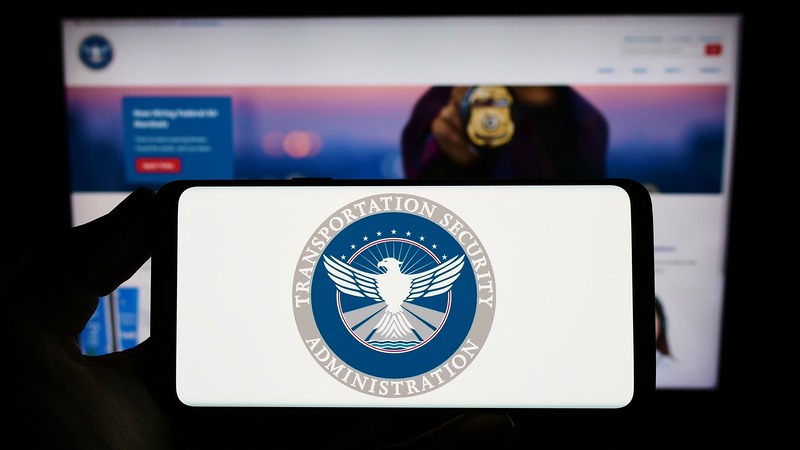
The White House’s proposed fiscal year 2026 cut to the Transportation Security Agency (TSA) budget will eliminate worker roles and make more room for deployment of advanced technologies provided by private companies, TSA’s acting administrator told lawmakers on Tuesday.
Testifying at a House Appropriations Committee oversight hearing on May 20, TSA Acting Administrator Ha Nguyen McNeill told panel members that the Trump administration’s proposed TSA budget cut of $247 million compared to current funding levels aims to walk the line between the advantages achieved by new tech deployments and those generated by the agency’s traditional workforce.
“My understanding is that [the budget cut] is striking a balance between a labor workforce and investment in technology, which will yield a more seamless passenger experience,” said McNeill.
“Once a balance is struck, we need to continually evolve to meet the emerging threats to aviation and transportation security, and that’s not something that … [can be done by] human talent alone, [it] can be the right combination of talent and technology,” she said.
McNeill explained that the proposed budget reduction will cut 3 to 4 percent of TSA’s workforce – half of which are designated for airport exit lanes. She said that the Trump administration determined that “an exit lane is not the best use of their skills,” and that workers would be “redeployed to the security checkpoint.”
In its budget proposal out earlier this month, the White House justified the funding cut by saying that the agency “consistently failed audits while implementing intrusive screening measures that violate Americans’ privacy and dignity.”
Some committee members expressed concern at the slow rollout of modernized screening technology, after TSA had announced a complete deployment of computed tomography (CT) scanners – used to generate 3D images of carry-on bags – by 2043.
“I’m … concerned that this budget fails to meet TSA security needs,” said Rep. Lauren Underwood, D-Ill., ranking member of the House Appropriations’ Subcommittee on Homeland Security, in opening statements. “We know that TSA screening equipment requires upgrades, but it appears that funding is being deprioritized in this administration to fund political priorities.”
“If screening operations are under resourced, it puts our ability to detect dangerous weapons, drugs and trafficking activity at serious risk, and the consequences could be catastrophic,” the congresswoman added.
McNeill said that technology priorities for TSA include further examining capital investment for TSA technology, continuing to roll out CT scanners, and developing an IT infrastructure to connect equipment at airports that would “yield efficiencies and heightened security” and enable to TSA to do “cutting edge innovations around algorithms and threat detections, as well as remote screening.”
When asked by Rep. Veronica Escobar, D-Texas, whether TSA was considering privatization through its efforts to modernize its screening processes, McNeill responded that “nothing is off the table,” and she explained that some airports already carry privatized functions through the Screening Partnership Program (SSP).
“Though TSA is responsible for ensuring the highest level of delivery at our transportation checkpoints, whether that screening is being performed by Federal employees or by a privatized screening workforce, that is part of our remit and responsibility that we carry out day in and day out as we look to modernize TSA,” said McNeill.
“If new privatization schemes make sense, [then] we’re happy to have that discussion,” McNeill added.
Calls for biometric security screening and other technology-driven capabilities across U.S. airports have increased in recent months as lawmakers and travel leaders begin preparations for major sporting events the nation will host in coming years – with some saying that initiatives such as President Donald Trump’s task force to host the 2025 and 2026 FIFA World Cups aren’t enough.
Total privatization of TSA hasn’t been a common recommendation to prepare for the travel surge, though two Republican senators recently introduced legislation to dissolve TSA and privatize all airports.
